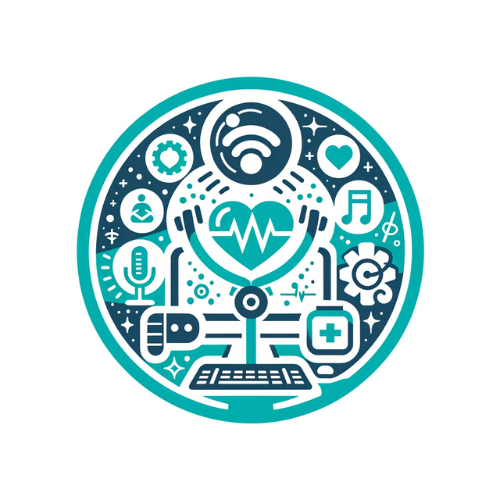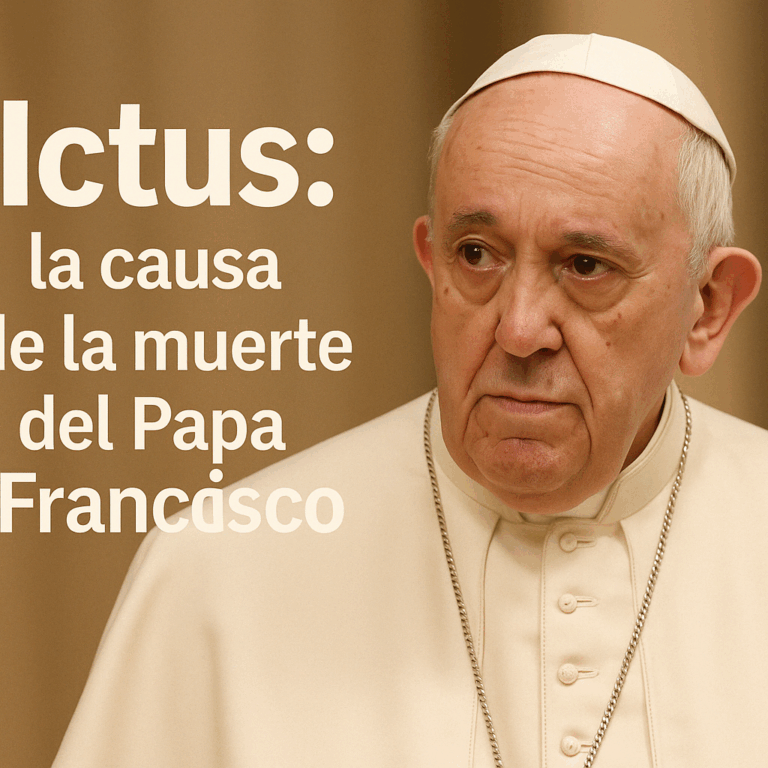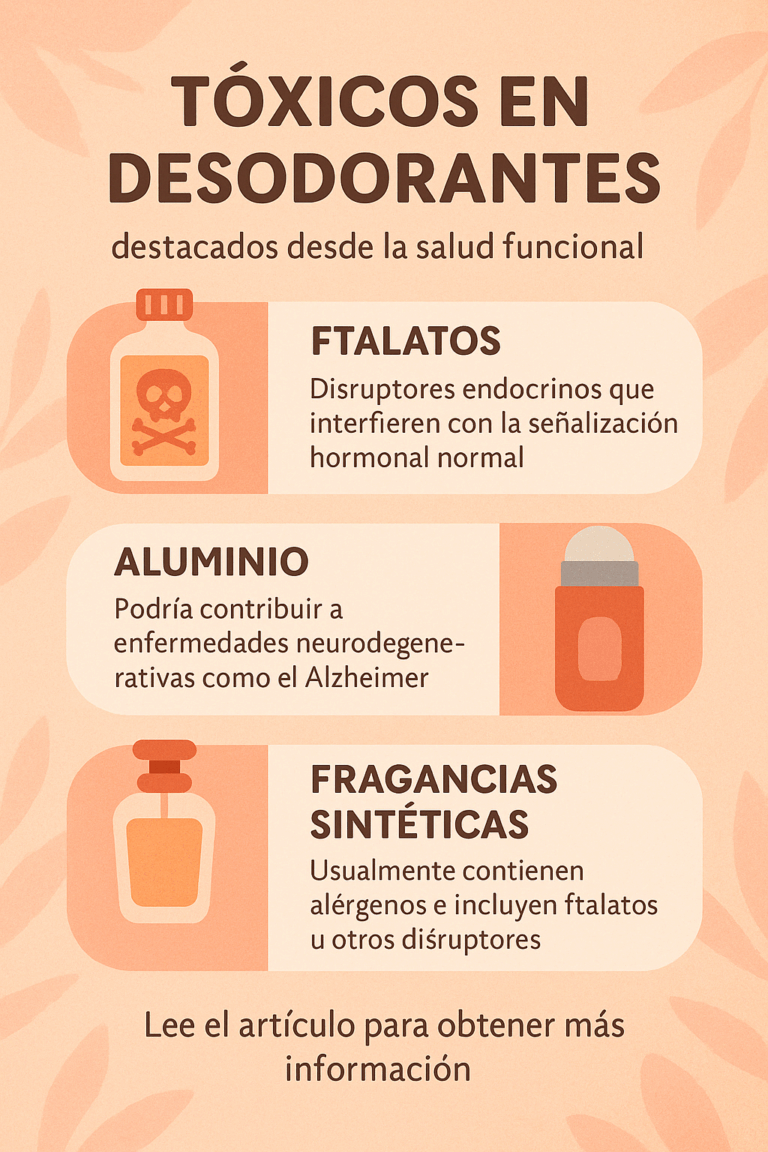Call us now:
USA News: Bird Flu Urgent Tips for Boosting Brain Health Amid Concerns in 2025
Welcome to the USA news section, today we want to talk about Bird Flu concerns in 2025 and how they affect our brain health
As concerns over H5N1 Bird Flu rise across the country, it’s hard not to draw parallels to past global health events.
With California declaring a state of emergency and the Centers for Disease Control and Prevention (CDC) confirming new human cases, many Americans are on edge.
This heightened vigilance, while necessary for physical protection, can also take a mental toll.
Today, we’ll delve into how outbreaks like the Bird Flu can influence our brain health, discuss practical strategies to manage stress and anxiety, and explore why a holistic view of well-being is critical for navigating these uncertain times in 2025.
1. Understanding the Bird Flu Scenario in the USA
According to recent reports, the H5N1 bird flu has infected 61 people across eight states—including California, Colorado, Louisiana, Michigan, Missouri, Oregon, Texas, and Washington—raising questions about a possible larger outbreak.
Although the CDC notes that the immediate threat to the general public remains low, high-profile cases—such as the severe human infection in Louisiana—have garnered national attention.
California’s declaration of a state of emergency after finding the virus in dairy cows has sharpened the public’s focus.
Alongside quarantines and product recalls (including certain raw milk and cream), these measures underscore how rapidly changing health situations can spark nationwide concern.
Beyond the physical dimensions of safety, though, we should also reflect on the emotional and cognitive impact such news can generate.
2. The Connection Between Health Outbreaks and Brain Health
Our brains are wired to respond to threats—real or perceived.
This survival mechanism, while valuable in times of genuine danger, can become problematic if persistent fear or anxiety goes unchecked.
Stress, anxiety, and depression can escalate when we face uncertain health risks, fueling a cycle that strains both our minds and bodies.
In the context of Bird Flu, worry often stems from questions like, “Could this become the next pandemic?” or “Will there be another lockdown?”
While infectious disease experts largely believe an H5N1-driven pandemic is unlikely right now, they also caution that emerging viral threats are, by nature, unpredictable.
Constant worry about “what if” scenarios can overwork the amygdala—the region of our brain that processes fear—and compromise the prefrontal cortex, which is critical for decision-making, self-control, and emotional regulation.
3. How Can I Avoid Anxiety?
Managing anxiety begins with recognizing that uncertainty and fear are normal reactions, especially when facing alarming headlines.
However, allowing these reactions to dominate our daily lives is neither inevitable nor healthy.
Here are some strategies:
- Maintain a Balanced Routine: Simple habits—like waking up at the same time, planning meals, or scheduling exercise—can anchor us when external events feel unstable.
- Practice Mindfulness: Techniques like meditation and deep breathing not only calm the mind but also have been shown to strengthen the prefrontal cortex and reduce amygdala overactivity.
- Stay Informed in Moderation: While it’s wise to keep an eye on official updates, bingeing on 24/7 news coverage can fuel catastrophic thinking. Choose reputable sources, set limits, and balance your reading with lighter pursuits.
- Seek Positive Interactions: Whether it’s a phone call with a friend or an online community chat, shared moments of laughter and mutual support can combat isolation and remind you that you’re not alone.
4. What is the Best Way to Manage Stress?
Effective stress management is vital for maintaining both physical and mental equilibrium.
Chronic stress can sabotage concentration, disrupt sleep, and impair immune function, making us more vulnerable during an outbreak.
Below are some practical tips:
- Deep Breathing Exercises: This seemingly simple act—inhale slowly to a count of four, hold for four, then exhale for four—can activate your body’s parasympathetic response, lowering heart rate and calming the mind.
- Engage in Physical Activity: Exercise releases endorphins that improve mood. Whether it’s a brisk walk, yoga, or weightlifting, find a routine you enjoy and stick to it.
- Limit Stimulants: Excessive caffeine and sugar can spike anxiety levels. Reducing your intake—especially during stressful times—can help keep nerves in check.
- Cultivate Social Bonds: A supportive network reminds us of our collective resilience. Even virtual meetups can boost morale and help process worries more effectively.
5. Stress, Anxiety, and Cognitive Well-Being
Research consistently links chronic stress to changes in brain structure.
Elevated cortisol, the “stress hormone,” can affect the hippocampus—a region essential for memory—and diminish the protective benefits of the prefrontal cortex.
Consequently, ongoing anxiety may hinder decision-making, lead to emotional dysregulation, and compromise strategic thinking.
In the ever-evolving discourse around Bird Flu, national organizations such as the CDC and state agencies emphasize a preventive approach.
That same mindset applies to our cognitive health: by adopting proactive strategies—like regular exercise, balanced nutrition, and mindful living—we can boost our resilience against potential emotional downturns.
6. Holistic Lifestyle Choices for Enhanced Brain Health
Holistic well-being encompasses nutrition, physical activity, and mental self-care.
Let’s explore some elements that can keep you grounded even amidst unsettling health news:
6.1. Smart Nutrition
Incorporate antioxidant-rich foods like berries, leafy greens, and nuts into your diet.
These choices support the maintenance of neural pathways and can combat inflammation related to stress.
Similarly, consider sources of healthy fats—such as salmon or avocados—that help support optimal brain function.
6.2. Quality Sleep
Americans often underestimate the power of solid rest.
Prioritize 7-9 hours of nightly sleep to give your brain ample time for recovery, memory processing, and emotional regulation.
Even a single night of inadequate sleep can heighten irritability and reduce mental clarity—two factors we’d all like to avoid.
6.3. Meditation for Cognitive Clarity
Meditation is not mere New Age fluff.
Studies from institutions like Harvard Health Publishing confirm that it strengthens the prefrontal cortex while diminishing activity in the amygdala—leading to better attention, emotional stability, and an increased capacity to navigate stress.
A simple five-minute mindfulness session each morning can do wonders for your mental stamina.
7. Bird Flu Concerns and Strategic Planning
With California reporting a spike in cases—and even a pig in Oregon testing positive—it’s no surprise Bird Flu headlines are dominating news cycles.
However, experts maintain that the likelihood of a large-scale pandemic similar to COVID-19 remains low.
Even so, being mentally and logistically prepared never hurts:
- Stay Up-to-Date: Follow guidelines from the CDC, the U.S. Department of Agriculture, and local health authorities without becoming obsessed with every tweet or article.
- Personal Branding in Health Awareness: If you’re an advocate for well-being—whether as an individual or an organization—sharing credible health tips can position you as a thought leader in your community. Remember, knowledge is power, and collective well-being depends on informed decisions.
- Plan for Contingencies: Having a thoughtful approach to remote work, childcare arrangements, or supply management can reduce sudden spikes in anxiety if the situation escalates.
A savvy “strategic planning” mindset applies not just to businesses and local authorities, but also to everyday life.
Whether it’s budgeting for unexpected grocery price increases or scheduling doctor’s visits ahead of time, proactive measures can lessen emotional strain.
8. When to Seek Help
Even the most robust self-care habits have their limits.
If you notice persistent mood swings, insomnia, or deepening feelings of depression, it may be time to consult a professional.
Brain health experts—such as therapists, counselors, or psychiatrists—can offer coping mechanisms tailored to your unique concerns.
Should you feel overwhelmed, we encourage you to schedule an appointment with a specialist here:
This resource can provide personalized guidance on anxiety management, mental health challenges, and integrated wellness strategies.
Asking for help is a sign of resilience, not weakness.
9. Nurturing Community and the Power of Connection
Isolation and uncertainty often go hand in hand, especially when potential health risks dominate the headlines.
But no matter how advanced modern medicine becomes, love, freedom, and social ties remain cornerstones of our well-being.
You might be surprised how a casual meal date, a social media shout-out, or a quick phone call can shift your mindset from despair to hope.
If there’s a silver lining in times of crisis, it’s the reminder that we thrive when we support one another.
Shared empathy, volunteer efforts, and communal knowledge can foster the sense that we’re in this together—whatever “this” might be.
10. Conclusion: Evolving Toward a Healthier Future
In today’s fast-paced world, the resurgence of Bird Flu in 2025 is a stark reminder that health uncertainties can surface anytime.
Balancing caution with optimism is key to sustaining our brain health—and, by extension, our overall wellness.
Remember, resilience is built on mindful routines, open communication, and a willingness to adapt.
With strategic self-care, thoughtful planning, and continuous learning, we can address potential threats to our health without surrendering to fear.
After all, the journey toward holistic wellness is ongoing—and it belongs to every one of us.
Breathe, heal, evolve.
We invite you to join The Brain Care Podcast for deeper insights into maintaining mental well-being in times of uncertainty:
And don’t forget to subscribe to our blog to stay updated on the latest in brain health trends for 2025 and beyond.
Bibliography
1. Centers for Disease Control and Prevention (CDC). (2025). Bird Flu Overview.
2. Harvard Health Publishing. Effects of Mindfulness on Anxiety and Depression.
3. American Psychological Association (2025). Stress and the Brain.
4. USA Today. Urgent Tips for Boosting Brain Health Amid Bird Flu Concerns in 2025.
5. Original News Source: NBC News / TODAY (Dec. 2024). “Will bird flu lead to another pandemic in the US?”
Noticias Chile: “El ejercicio es clave para la salud cerebral el 2025”
4 comentarios
Los comentarios están cerrados.




[…] USA News: Bird Flu Urgent Tips for Boosting Brain Health Amid Concerns in 2025 […]
[…] USA News: Bird Flu Urgent Tips for Boosting Brain Health Amid Concerns in 2025 […]
[…] Read Next: USA News: Bird Flu Urgent Tips for Boosting Brain Health Amid Concerns in 2025 […]
[…] USA News: Bird Flu Urgent Tips for Boosting Brain Health Amid Concerns in 2025 […]